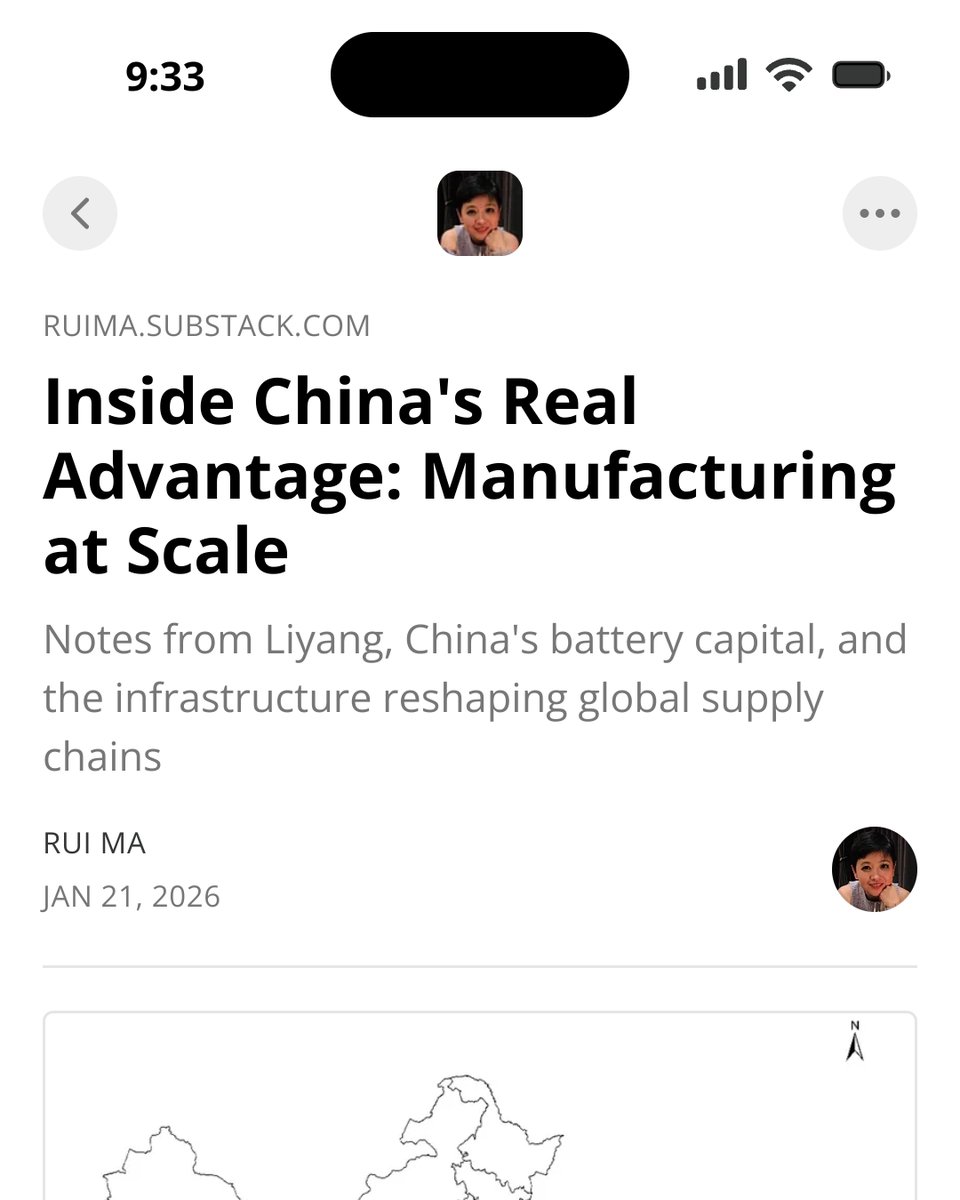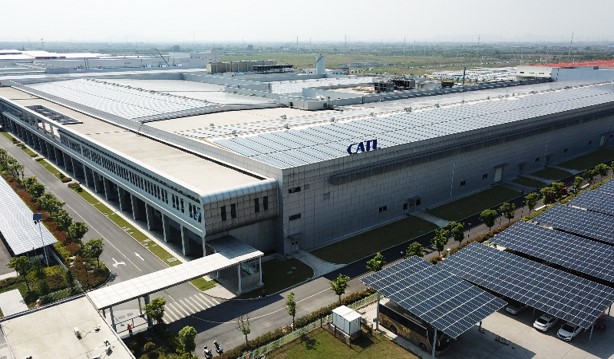1/ Here are the contents of Zhang Yiming's "resignation letter" from ByteDance Global CEO.
Someone said "he's my spirit animal." Yeah I think if you're a nerd you might find that to be the case.
Someone said "he's my spirit animal." Yeah I think if you're a nerd you might find that to be the case.

3/ He wants to focus on new upcoming tech paradigm shifts.
FYI, he wanted to study biology in college, and he's said many times his favorite book is "Basic Biology" (a textbook)
FYI, he wanted to study biology in college, and he's said many times his favorite book is "Basic Biology" (a textbook)

5/ He doesn't want to be a "passive node" in meetings all day. And he wants to be more involved in the cutting edge stuff ByteDance is doing, which apparently includes brain diseases. 

6/ I'm an introvert and I don't want to do all the things required of me as CEO. Rubo, my college classmate and cofounder, is better suited for this job. 

8/ Translated with @DeepLcom, with edits / corrections by me, full original Chinese letter here:
mp.weixin.qq.com/s/NMDo4H40gCvi…
mp.weixin.qq.com/s/NMDo4H40gCvi…
• • •
Missing some Tweet in this thread? You can try to
force a refresh













